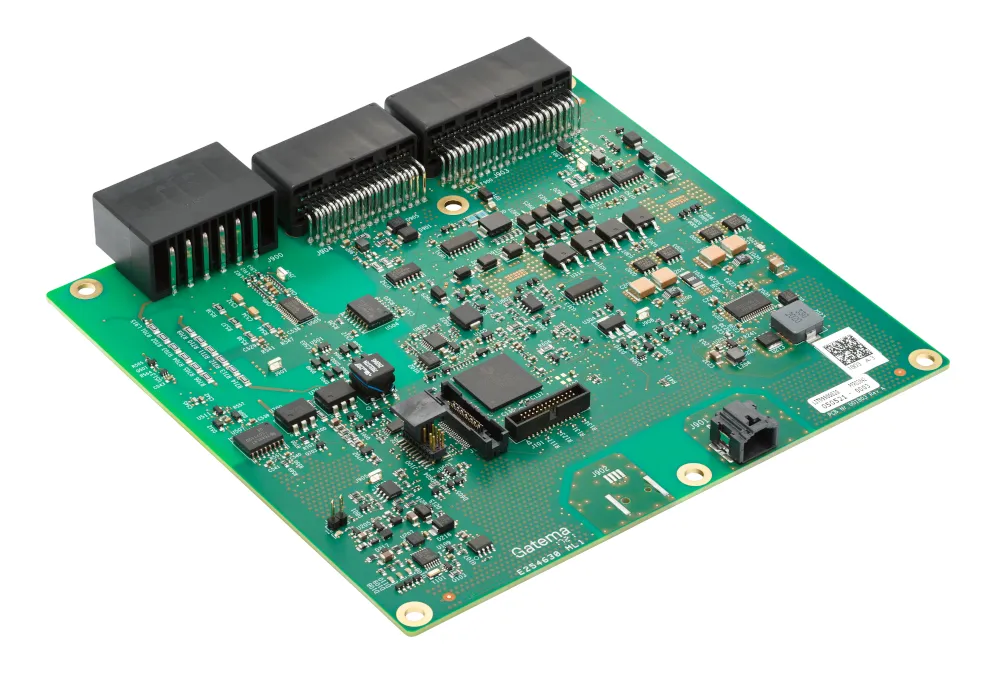The "Research on Lithium Battery Power Management System" project, led by the Institute of Advanced Manufacturing Technology at the Hefei Academy of Material Sciences, Chinese Academy of Sciences, has recently made significant progress. This project, commissioned by Changzhou Pengteng Energy Technology Co., Ltd., has overcome key technological challenges such as intelligent charge and discharge management, current-limiting charging, and FCC capacity self-learning, ensuring the safe and stable operation of lithium battery packs. It has entered the trial operation stage and is poised to transition into industrialization.

The system consists of a lower computer and an upper computer. The lower computer uses a high-reliability microcontroller as the main control chip to manage the battery pack’s voltage, temperature, and current monitoring. It also oversees charging and discharging operations, with protection features for overvoltage, undervoltage, overcurrent, and short circuits. Compared to similar products, it offers enhanced stability and functionality. Additionally, the system incorporates a current integration algorithm that allows for self-learning of the battery's capacity (FCC), providing higher accuracy and applicability than traditional voltage-based algorithms.
The upper computer, developed in VC, enables data display, parameter configuration, and remote control. It communicates with the lower computer through RS232 and RS485 buses. The system can manage up to 16 series-connected lithium batteries, ensuring reliable and stable operation, which can safely power mobile devices like laptops, communication base stations, electric bicycles, and electric tools. With its robust capabilities and broad industrial prospects, this technology is poised for significant commercialization.



